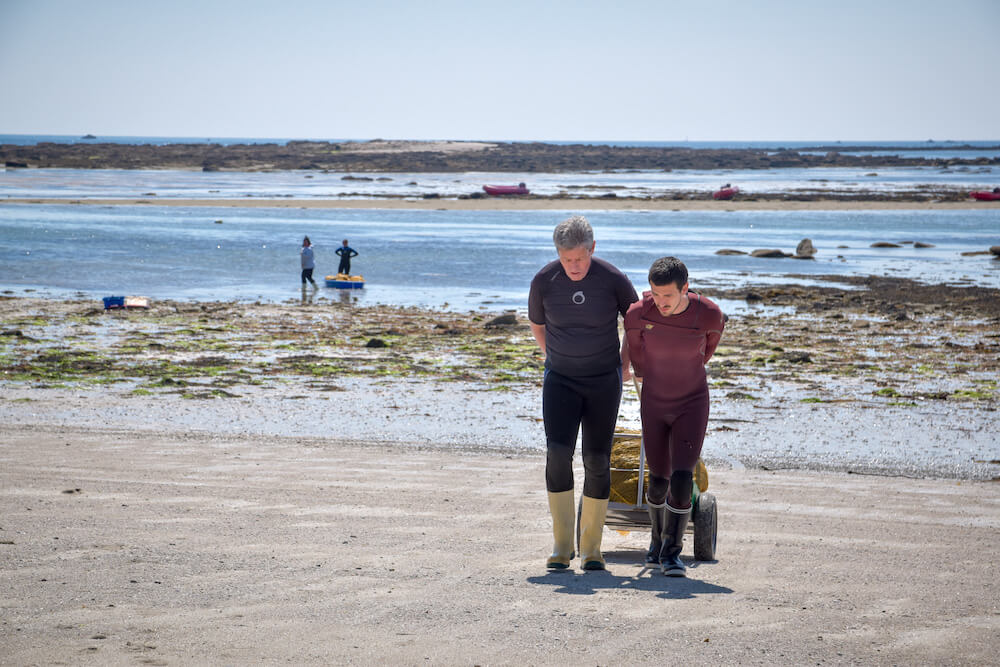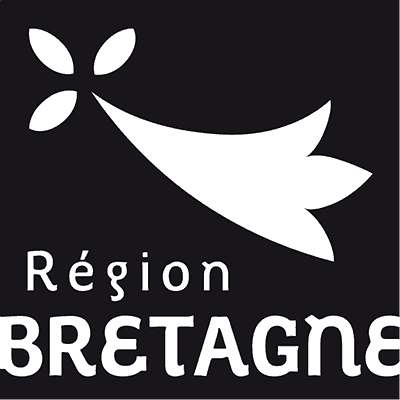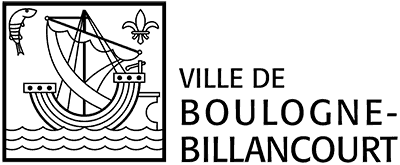[TEAM] Quentin Mateus, Low-tech Lab project manager
Publication date: February 14, 2022
Author(s): Quentin Mateus, Lucile Henriot
Location: Concarneau
WHO IS BEHIND THE LOW-TECH LAB ? #
The Low-tech Lab is : a boat, a tiny, tutorials… But it’s also people who are working every day to explore, document, transmit and raise awareness about low-tech. Who is behind the wiki, the surveys, the community animation or the social networks ? It’s time to reveal them !
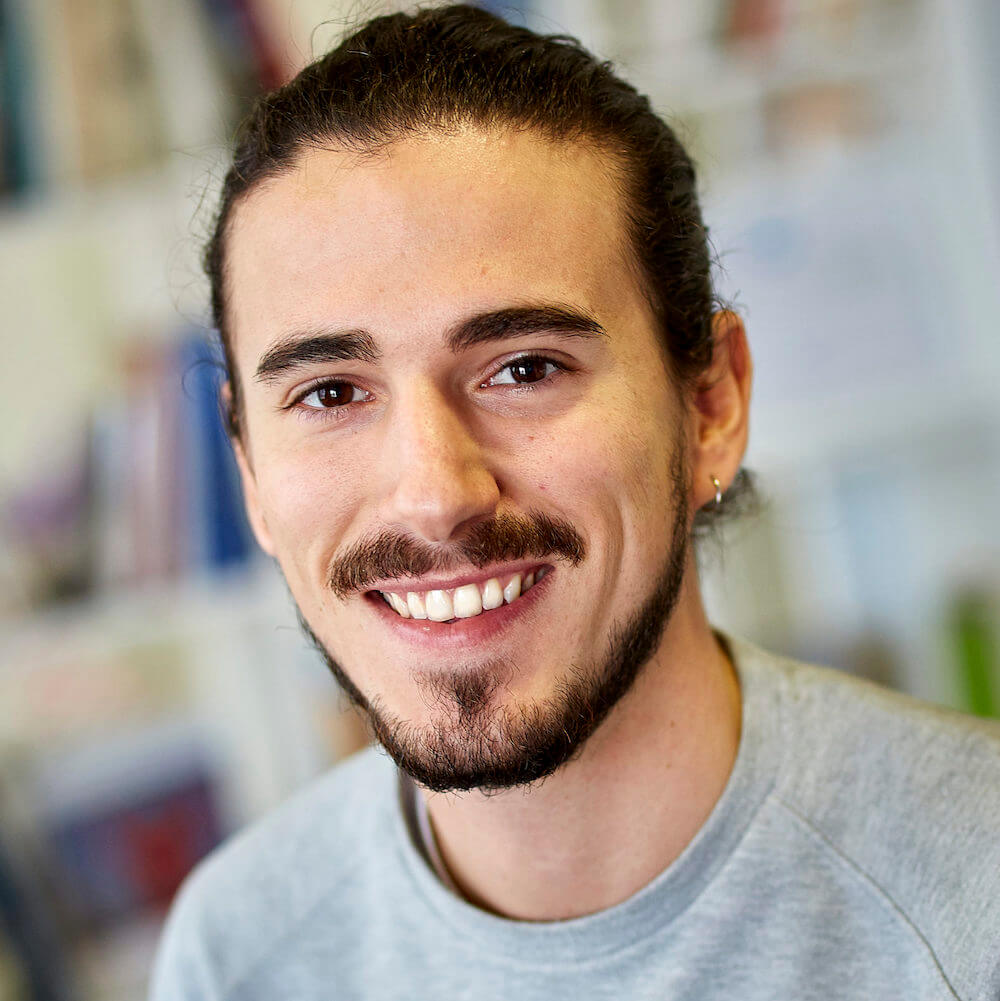
Quentin the engineer designer #
As a child, Quentin dreamed of being a car designer. Thirsty to learn, he started studying engineering at the UTC (University of Technology of Compiègne) after the baccalaureate, to acquire a double degree of mechanical engineer and industrial designer. But the dissonance does not take long to arrive… His internships in the automotive industry and industrial design put him in front of a reality : the activities, the methods, the skills of the designer please him, but the role which is reserved to him in our society does not suit him.
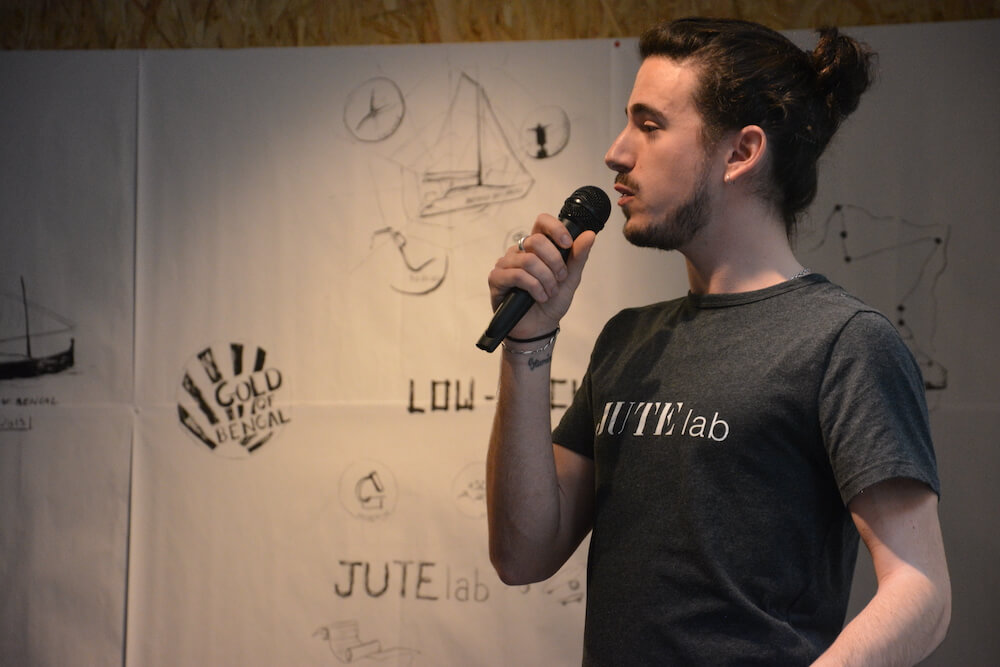
The existential crisis #
Quentin is also very passionate about philosophy, human sciences in general and cultural diversity. In parallel of his scientific and technical curriculum at the UTC, he takes advantage of some of his courses to explore the question of the engineer’s ethics, the place of technology, the role of collective narratives or cultural industries in the evolution of our society model. At the same time, several exchanges or internships abroad, in various contexts - 6 months in Brazil, in the heart of England and in Lapland - gave him the chance to apprehend the world through other value buildings, other representations, perhaps more essential.
These experiences lead him to question himself, but a little late for his taste… With hindsight, he would have liked to follow a path that corresponds more to his aspirations today, for example in the human and social sciences such as anthropology, sociology, journalism or political science, rather than following this path to which his profile or his career path “destined” him. In any case, he would have liked to have taken the step of exploring earlier, rather than following the path that led him to this little existential crisis after his studies; but isn’t it precisely this atypical path that made him what he is ?
Anyway, a little lost, he starts looking for an opportunity more in line with his values, a project that makes sense, and to which he has the deep desire to contribute; a volunteer work, if possible abroad, and why not in the refugee camps, while the “European migratory crisis” explodes at the time.
I needed to feel useful; to be part of the solution, rather than the problem. (as Joey Starr says so well in the song “c’est arrivé près de chez toi” by the group NTM)
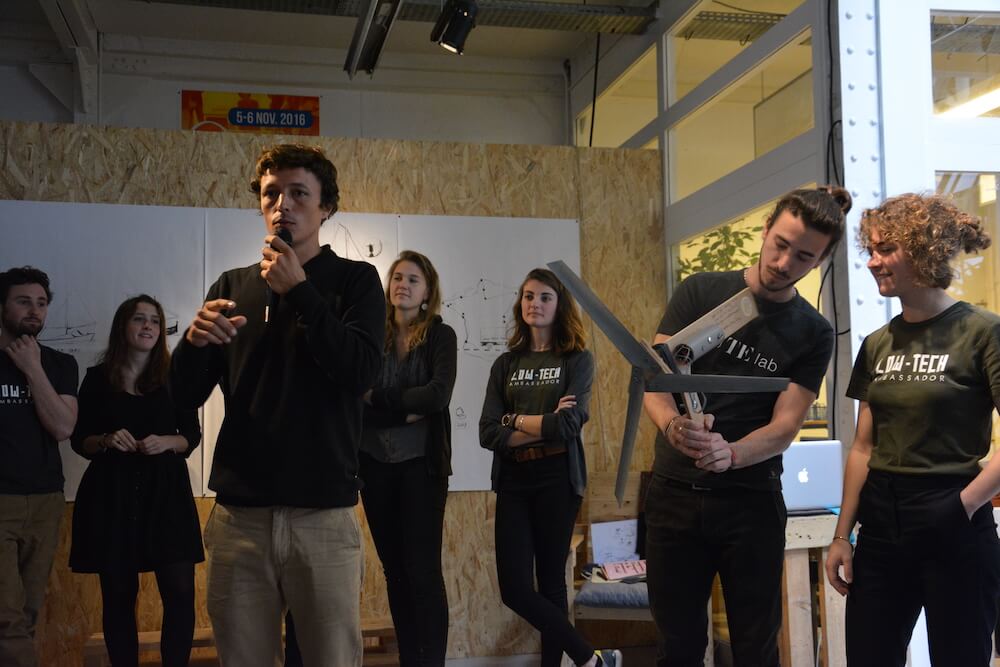
Jute, the first step towards the Low-tech Lab #
In 2016, it’s at the Jute Lab - maybe that name rings a bell? These are the beginnings of the Low-tech Lab - that he finds his happiness! He then left, initially for 1 year of civic service in Bangladesh, to join a small team already on site in order to participate in designing, prototyping and diversifying local applications of natural fibers endemic to the region such as jute, otherwise known as the “gold of Bengal.” He is working on the launch of a design competition project based on these materials, with students from various local universities, representing for him the opportunity to apply his skills in design, modelling and prototyping, but also in animation, coordination and communication. And by the way, the whole experience - the prospect of living for a year in the middle of a useful project in the rural Bangla world - is actually a great opportunity to develop his curiosity for anthropology.
Unfortunately, after just over a month in the country, the knife fell : it was the compulsory repatriation to France following repeated attacks during this period - the country was not spared by the series of dramatic events that France and many other countries experienced at the same time. This one year mission in Bangladesh is therefore compromised …
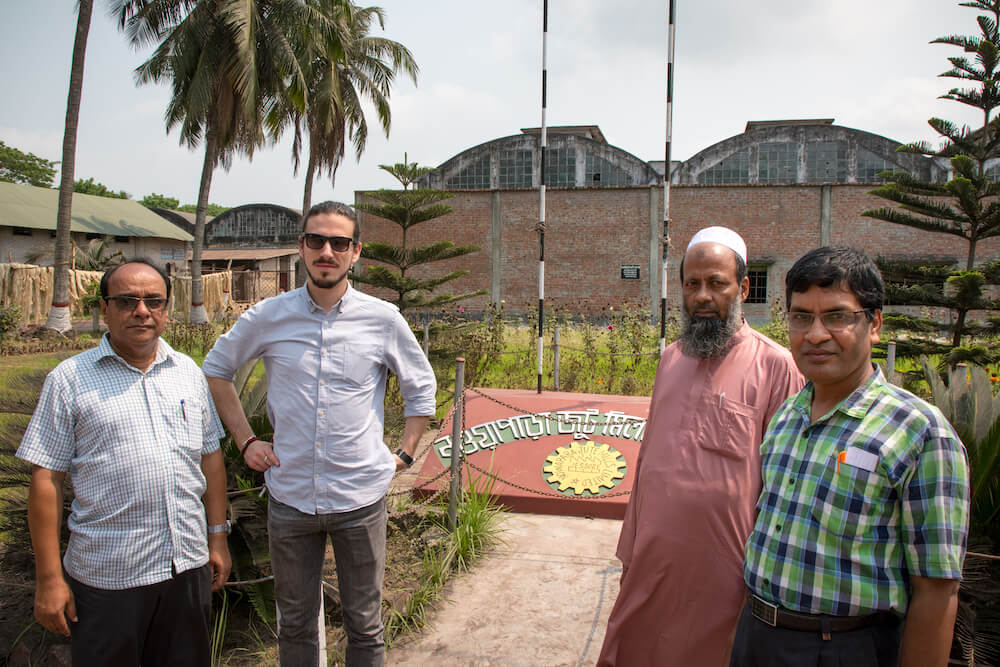
Quentin and his colleagues, Marion and Valentin, then find themselves in Concarneau, the real home port of the association Gold of Bengal (which in parallel to its historical activities in Bangladesh, has just seen Nomade des Mers leave for a world tour of low-tech!), but this change of plan does not affect the team’s morale. They decide not only to maintain this furniture co-design project with Bangladeshi students, from a distance and through occasional missions on site, but also to set up another project in a new sector: the automotive industry. The opportunity arose when they came into contact with a Malagasy artisanal and solidarity-based car manufacturer, Karenjy, who had been building 100% composite bodies for a few years at the time, a type of technical material for which the Jute Lab’s mission was precisely to develop the implementation processes using jute fiber. But not content with showing that it is possible to integrate more socially and environmentally sustainable materials in this promising sector, their goal is more global. It is to prove that it is possible to think and manufacture vehicles in a different way, in a process of valorization of local resources and know-how, of respect and even emancipation of the workers of the involved sectors, and for local social utility. A collaboration then begins between Kaïros Environnement (the research department specialized in biomaterials with which the association shares premises in Concarneau) the Jute Lab and Karenjy; it is the birth of the Agami project of the Low-tech Lab !
Concretely, the project aims first to develop technical solutions, uses, and alternative economic models for a more low-tech mobility: an engine capable of running on different diesels made from agricultural, food and plastic wastes, and recycled and recyclable materials, reinforced with natural fibers, a simplified, modular and socio-economic design and manufacturing. Then to put them to the test in the field, by integrating them into a prototype vehicle (a real low-tech concept car!) and by mounting a great expedition on board! On the model of the Nomade des Mers but in a terrestrial version: to go and meet low-tech actors, and this time to be interested, beyond technology, in their ways of organizing themselves locally to diffuse low-tech innovations on a collective scale; always this attraction for the work of anthropology, to put ourselves in the place of the other to better question our own models Unfortunately, at the beginning of 2020, as the developments are coming to an end and the team is about to leave to assemble this experimental car in Madagascar, the project suffers another setback: the coronavirus pandemic… Decidedly !

The Low-tech Lab inquiries, think and explore the low-tech scale organizations #
Between 2017 and 2018, following his civic service, Quentin remains engaged as a volunteer at the Low-tech Lab for 6 months to launch the Agami project; in parallel to which he develops, as a freelancer and with Marion, facilitation and collective intelligence methods for companies, schools, associations, etc. In 2018, a first fundraising that had already allowed him to hire Margaux, an expert in biocomposites, allows him to work full time on Agami, while Marion sets up her own facilitation company. In 2019 he realizes with the members of the team of the time, Julie, Clementine, Camille and Julien, that the survey method developed before the expedition is already working very well in France! And during the first confinement, they operate, with the Bangla, Malagasy and French partners of the Agami project, also affected by the pandemic, a redefinition of the project, which becomes the Low-tech Lab Investigations project.
The goal is no longer to make a big international car expedition, but to leave more modestly in France and in some European countries, to discover, document and diffuse economic models with values close to the low-tech approach, so that all the motivated and convinced people can be inspired by them, replicate them and in fine that the low-tech approach passes to a larger scale in a coherent way, fed by an imaginary of more low-tech society. The project gets the support of the ADEME and then of the Brittany Region, and at the end of 2020, it’s off for a tour of the low-tech actors! In all, Quentin gathers more than a dozen varied profiles, sets up teams of investigators with whom he conducts a dozen field surveys, currently being broadcast on social networks and the Low-tech Lab website. Find them at here.
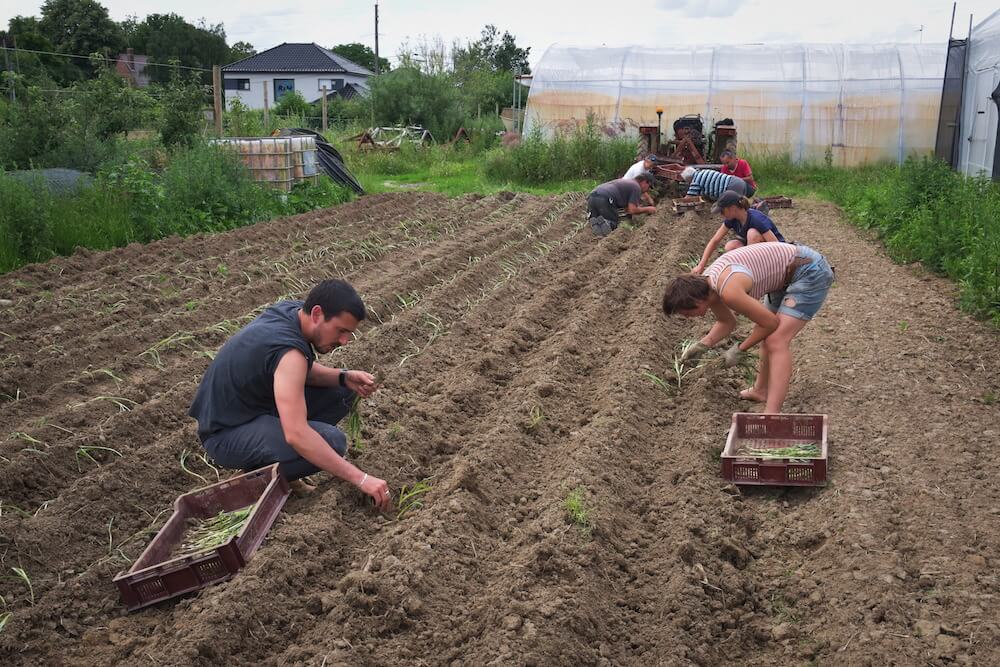
Quentin the passionate, the subjects that inspire him #
What fascinates me is to see to what extent today, in many different environments and territories - which are not necessarily those that are the most highlighted by the media and public institutions - there are people who are trying to do things differently, to change the direction our society is taking from below. We try to be more useful to others, and more autonomous collectively, to do more local, more sensible, more sustainable, more just too, with different objectives, different currents of thought or philosophy.
What interests me is to show that in all societies, here and elsewhere, today and for thousands of years, there are value systems and histories that condition models of organization, models of governance, relationships to time, to life, to work … that are completely different from ours. In fact, there is an extremely wide range of possibilities in our ways of doing and functioning together. We simply don’t realize that our economic model and our institutions were created as a result of choices, in very specific situations, in the face of serious crises, and become unthinkable “we have always done it this way”; we forget that we can still do things differently today. It is a fact: it is possible to go in another direction than the one we see and believe to be the only one possible !
I want to understand what were the choices and the cognitive, political, economic, anthropological mechanisms that led us to this kind of one-way street, which leads a priori to a nasty dead-end. And at the same time, to see how these mechanisms can still be mobilized today through narratives, through example, through certain public policies, through “encapacitation” and the resumption of democratic power by citizens at the local level, etc., through many different levers. How can we, collectively, locally, from below and from above at the same time: question, debate, choose, redefine our “collective trajectory” of society ?
So, the message I defend is that it is never too late to do the right thing, to change jobs, to get involved and help each other locally, and that there are no insurmountable obstacles. That it is possible to do things differently and that there are already so many examples, that it is enough to look at them with a bit of humility to change the way we look at the world, to realize that it is not sad, rather joyful and even exciting, and to be inspired by all these emancipating experiences. This first lock - because it is the first one - is the hardest to break in our imprisoned brains and bodies. But once this step is taken, the rest comes by itself, becomes a passion, sometimes a game: what role do I want to play in the advent of these other possibilities ? where and what do I start ? with whom ?
